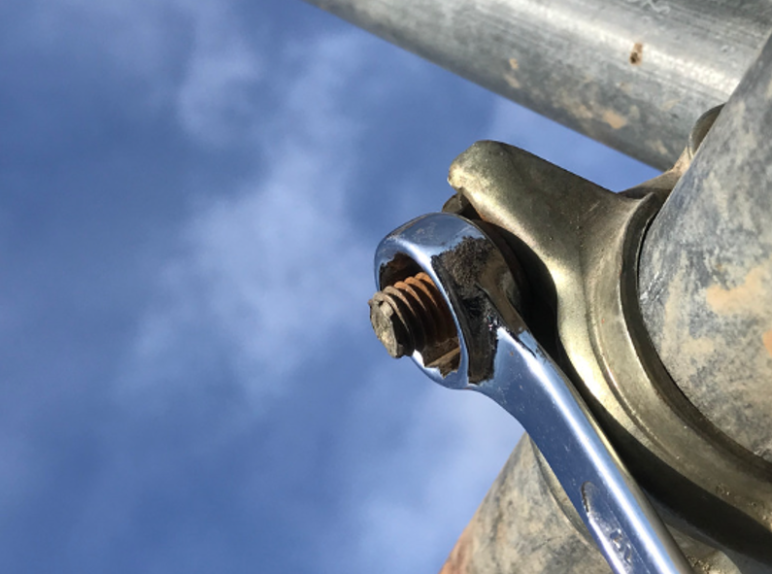Ordering a coffee used to be a simple process, with the choices limited: “Would you like milk and sugar?” Now, visiting a coffee shop presents an array of options – caffeinated, decaffeinated, americano, latte, cappuccino, espresso, soy milk, oat milk, syrup? Many people know what they want when they get to the counter, but if you aren’t sure, then too many alternatives can lead to almost paralysing indecision, and leave you mumbling, “I’ll have a cup of tea please.”
One of the most common questions we are asked is ‘what is the best way to start trading?’ and whether this should this be through a company, as a sole trader, or a partnership.
Grab yourself a coffee and have a read of our blog where we lay out the similarities and differences between the options.
Continue Reading









